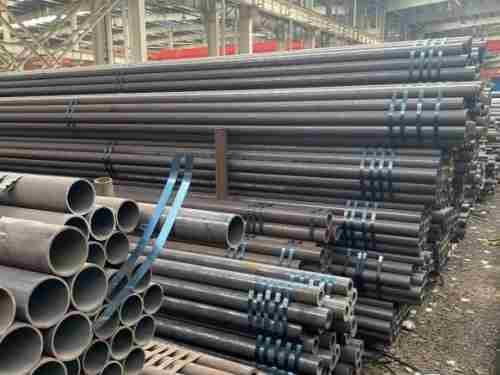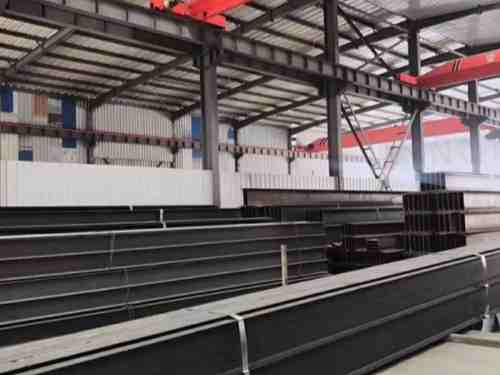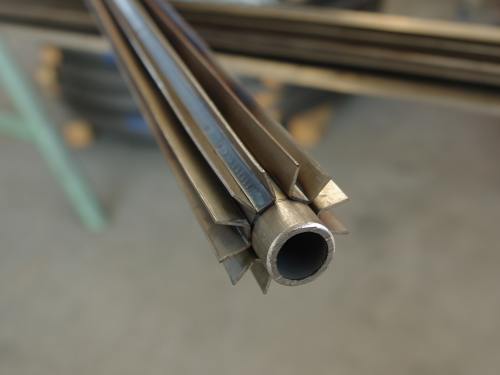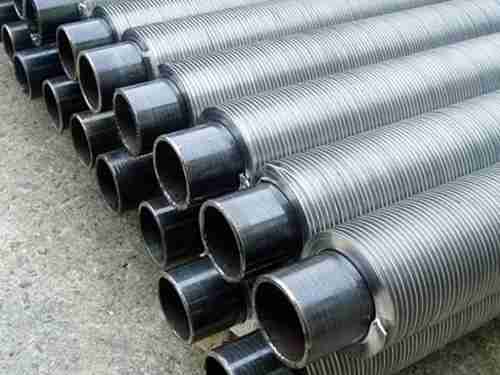The internal and external anti-corrosion of SSAW (Spiral Submerged Arc Welded) steel pipes is crucial to ensure their durability and longevity, especially when they are used in environments prone to corrosion. Here are the general steps involved in the internal and external anti-corrosion processes for SSAW steel pipes.
Internal Anti-corrosion:
- Cleaning:
Begin by cleaning the internal surface of the SSAW steel pipe thoroughly. Remove any dirt, rust, or mill scale from the surface. This can be achieved through methods like shot blasting or pickling.
- Surface Preparation:
Prepare the internal surface by creating a roughened texture that promotes better adhesion of the corrosion-resistant coating. Abrasive methods, such as abrasive blasting, can be employed for this purpose.
- Epoxy Coating:
Apply an epoxy coating to the internal surface of the SSAW steel pipe. Epoxy coatings are widely used for their excellent adhesion, chemical resistance, and durability. The coating provides a protective barrier against corrosive substances.
- Curing:
Allow the epoxy coating to cure. Curing times may vary depending on the specific epoxy product used, so it is essential to follow the manufacturer's guidelines.
External Anti-corrosion:
- Cleaning and Surface Preparation:
Clean the external surface of the SSAW steel pipe to remove any contaminants, rust, or scale. Similar to the internal process, use methods like abrasive blasting or pickling to prepare the surface.
- Primer Application:
Apply a corrosion-resistant primer to the external surface. The primer enhances adhesion and acts as a base layer for the subsequent coatings.
- Wrapping with Corrosion-resistant Tape:
Wrap the external surface of the SSAW steel pipe with a corrosion-resistant tape. This tape acts as a mechanical barrier, preventing contact between the steel and corrosive elements. It is commonly used in conjunction with other anti-corrosion coatings.
- Bitumen Coating:
Apply a bitumen-based coating over the primer and tape. Bitumen coatings provide additional protection against corrosion and mechanical damage.
- Polyethylene or Polypropylene Coating:
For further protection, apply a layer of polyethylene or polypropylene coating over the bitumen. These coatings are known for their excellent resistance to abrasion, chemicals, and environmental factors.
- Curing and Inspection:
Allow the coatings to cure, and conduct thorough inspections to ensure uniform coverage and quality. Inspections may include visual examinations and various non-destructive testing methods.
- Wrapping with Outer Wrap:
In some cases, an outer wrap or jacket may be applied to provide an extra layer of protection. This outer wrap can be made of materials like fiberglass or synthetic fabric.

 English
English Español
Español











